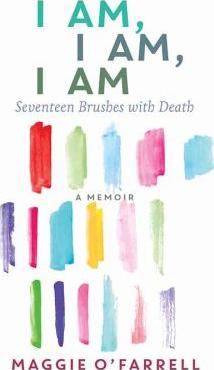
I am, I am, I am : seventeen brushes with death
I Am, I Am, I Am is Maggie O'Farrell's astonishing memoir of the near-death experiences that have punctuated and defined her life. The childhood illness that left her in the hospital for nearly a year, which she was not expected to survive. A teenage yearning to escape that nearly ended in disaster. An encounter with a serial killer on a remote path. And, most terrifying of all, an ongoing, daily struggle to protect her daughter from a condition that leaves her unimaginably vulnerable to life's myriad dangers. Seventeen discrete encounters with Maggie at different ages, in different locations, reveal a whole life in a series of tense, visceral snapshots. In taut prose that vibrates with electricity and a restrained emotion, O'Farrell captures the perils running just beneath the surface, and illuminates the preciousness, beauty and mysteries of life itself.
Available Copies by Location
| Location | |
|---|---|
| Victoria | Available |
Other Formats
Browse Related Items
- ISBN: 9781683247081
- Physical Description 303 pages (large print) ; 23 cm
- Edition Large print edition.
- Publisher [Place of publication not identified] : [publisher not identified], 2018.
Content descriptions
| General Note: | GMD: large print. |
Additional Information



